Although police have arrested a trades worker in relation to one of the hate-motivated incidents that occurred at the Michael Garron Hospital construction site in Toronto, the EllisDon team says their work is not done, but rather it has just begun.
“We were really relieved to see there was an arrest made over the weekend,” said Geoff Smith, president and CEO of EllisDon. “It’s important to show the industry, society, the community, Black members of the industry that we take it seriously, that the police take it seriously. It’s also important because the workers on that site now know that the perpetrator has been identified and that site is safe.
“That’s just one step. We’ve got a long, long road ahead of us to fix this industry.”
The Ontario General Contractors Association (OGCA) hosted a webinar Dec. 9 called Addressing Racism in Construction: A Conversation with EllisDon. The discussion was moderated by OGCA president Giovanni Cautillo and Monte McNaughton, minister of labour, training and skills development provided opening remarks.
Smith talked about the acts of racism that occurred on the hospital project in June. Nooses were strategically placed on construction equipment being used by Black workers. He admitted he was stunned that this could occur in the industry.
“The reason it’s important to say that is because I was very quickly disabused, educated by a few people.
We have a real problem in this industry with both overt racism and by that I mean the nooses and the graffiti that you may have seen.
“We also have a very big problem with systemic racism in this industry,” said Smith. “That does not mean everybody in the industry, including people like me are racist on purpose, but it maybe means we’re complacent. It maybe means we’re satisfied with the status quo when the status quo is that people of colour and, more specifically, Black people do not get the access to opportunities.”
Smith was further educated when he spoke to one of the victims of the incident.
“He said ‘Mr. Smith, I don’t blame you. You don’t hang around with people like me. You don’t see the racism so its OK that you didn’t know about it,’” he recalls being told. “And then he said ‘but now you know and now what are you going to do?’”
The first thing the company did was to acknowledge it publicly.
“I would encourage everybody in the industry that acknowledging racism doesn’t mean you are a racist, it means you are acknowledging that there is a problem,” he said.
“If you don’t take a leadership role and acknowledge the systemic and overt racism in our industry, your black employees and BIPOC (Black, Indigenous and people of colour) employees they see that and they know the racism and the intolerance is there in the industry. When they see you not embracing the problem, meaning acknowledging the problem, that makes the problem worse.”
It needs to be clear that the acts will not be tolerated and immediate response and action is necessary, said Smith.
“Your workers onsite, salaried and hourly, have to feel comfortable reporting racist acts, because frankly they happen and a lot of them go unreported because people think they will be persecuted for reporting them or they just don’t think anything will be done,” he explained. “They’ve got to see immediate response, follow through and you take real action to the best of your ability. Get that person out of there.
“This guy who got charged, I guarantee you some other idiot thinking of hanging a noose will see it and say ‘I’m still a racist but I’m not hanging a noose because I might end up in jail.’”
Smith said he realized the effort could not be led by “the old white guy in the corner office…who needs to take direction not give it.”
For this reason, EllisDon appointed Jennifer Khan, head of inclusive diversity and Samuel Ajobo, an estimator with the firm, who is leading its new Alliance of Black Employee Experience and Leadership (ABEEL).
As a Black person in the construction industry, Ajobo said the industry has been complacent and the same problems exist inside and outside the industry.
“Nooses on construction sites is not a new thing and neither is the use derogatory remarks such as the the ‘N’ word and graffiti,” he explained.
“There is not equitable representation. There are not people like us sitting on the policy-making tables or leadership roles or positions that influence change.”
Since the incidents, EllisDon has started an anonymous reporting line, has made it easier to bring forward concerns onsites, enhanced security features at sites and provided education such as tool box talks and webinars on subjects such as micro aggression and unconscious bias.
“What we are really trying to do is root out, looking at our day to day operations, how do we remove any evidence or any inkling of discrimination and bias throughout our employee experience,” said Khan. “To me that’s what’s really going to make the difference between the lip service others might be taking when talking about racism and doing the really meaningful and hard work involved.
“I would love to say that we have a game plan that is going to eliminate racism in my career time. I just don’t know if that’s going to be the case,” added Khan. “Social injustice has been going on for centuries and although we may be at a point where people are now more aware of it and willing to do something for it and to make it better, it’s not going to be a short-term. There are long term systemic things that have to happen.”
Follow the author on Twitter @DCN_Angela.


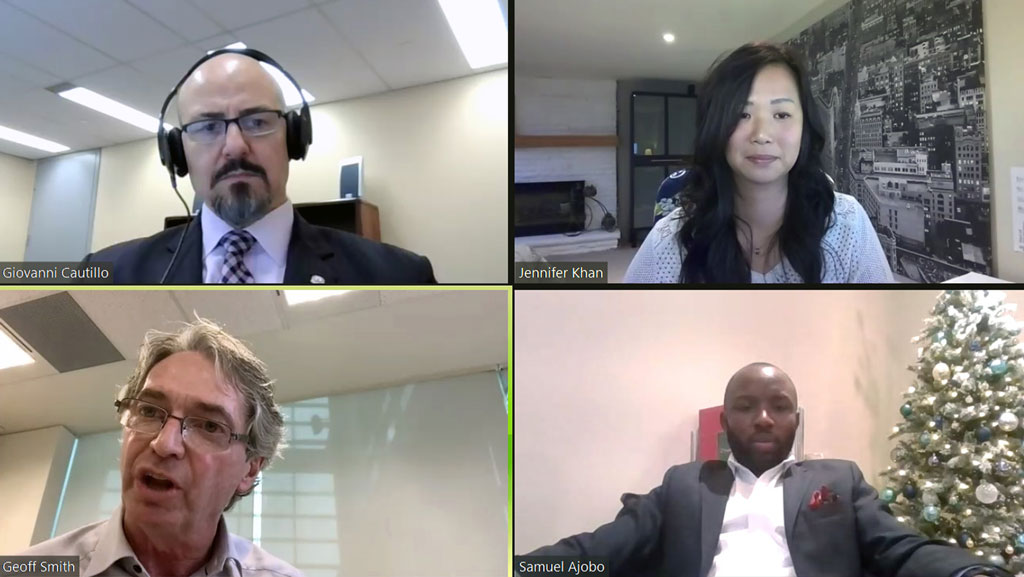

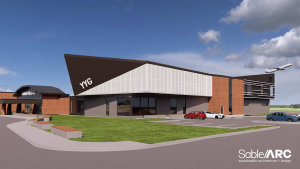
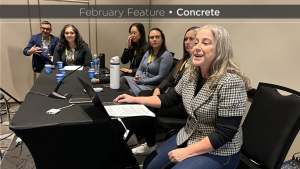

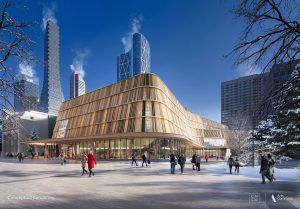


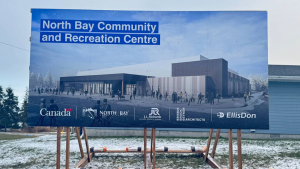
Recent Comments
comments for this post are closed